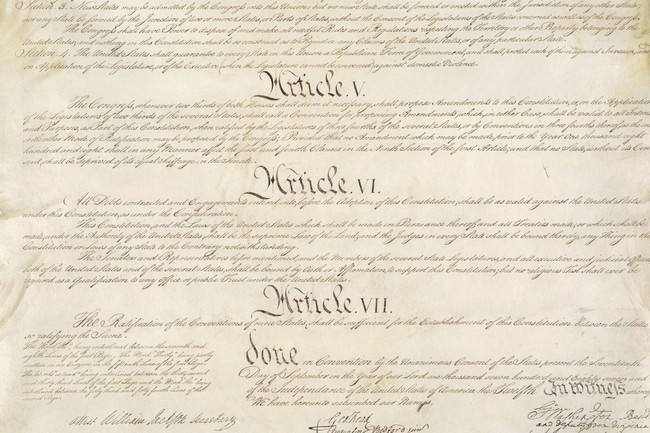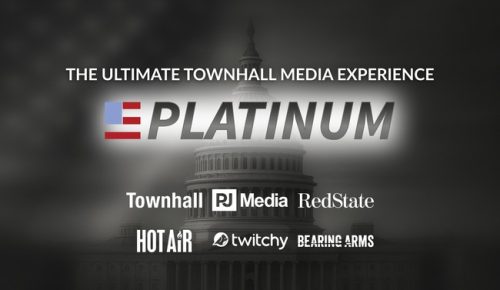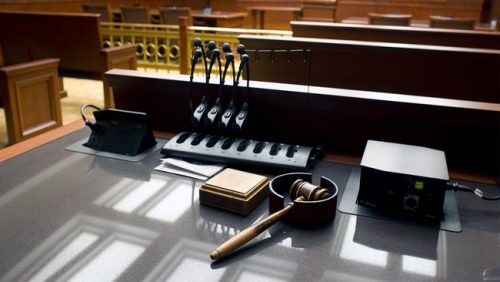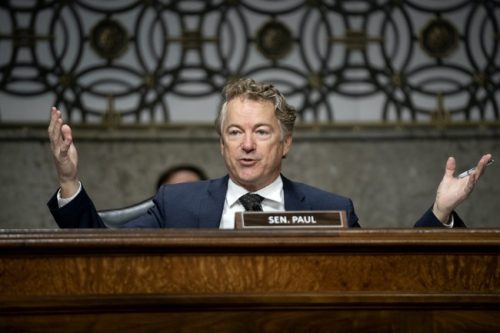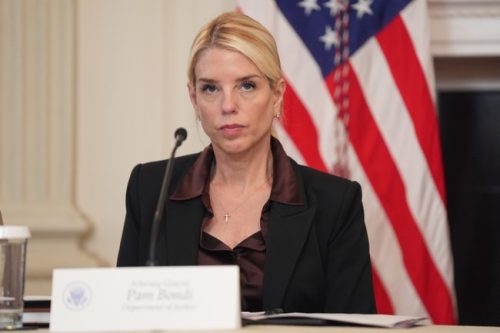The piece warns that a push for global speech controls is underway, tracing it from U.S. policy moves and elite think tanks to international coordination, and it highlights Michael Shellenberger’s alarm over secret meetings, leaked documents, and a widening pattern of censorship that threatens American free expression.
The Democratic Party and much of the international Left have spent years demanding action against “mis/disinformation” and tighter control over online speech. That posture treats disagreement as a moral failing and seeks oversight that too often becomes outright suppression. Conservatives see this as a coordinated effort to shut down dissent and consolidate cultural power behind bureaucrats and tech platforms.
The Biden administration even pushed the idea of a “Disinformation Governance Board,” a concept tied back to a 2022 speech by former President Barack Obama at the Stanford Cyber Policy Center calling for broader Internet censorship. What started as policy talk in elite circles is now showing signs of operational coordination between governments and platforms. Critics warn that a single global censorship regime would let tech giants default to the strictest rules rather than defend American speech norms.
Michael Shellenberger has raised alarm bells about how this coordination could become permanent and global, and his commentary has drawn attention to secret meetings and leaked agendas. He argues that foreign censorship demands are increasingly shaping what U.S. platforms will enforce, especially if companies find it cheaper to adopt a one-size-fits-all policy. The claim is that, absent pushback, Americans will end up subject to foreign rules through private companies’ compliance.
In 2022, Obama gave a speech at Stanford Cyber Policy Center advocating sweeping censorship of the Internet. Now, Public has discovered the same Center last month hosted a secret meeting with EU, UK, Brazil, & Australia officials to plot global censorship — including of the US. pic.twitter.com/Zr03Wj2OxE
— Michael Shellenberger (@shellenberger) October 28, 2025
Here’s more from Shellenberger that unpacks who is meeting, what they discussed, and why the stakes are so high. His longer post collects documents and testimony he says point to a far more ambitious censorship plan than what was publicly proposed in 2022. He stresses the potential for legal and civic damage if this effort succeeds.
But now, foreign governments, including Europe, the UK, Brazil, Australia, and others are demanding censorship, including of the American people. The risk is that US tech companies will find it significantly less expensive to have a single global censorship regime and just go along with foreign censorship requests. Facebook complied with Biden administration demands to censor because it needed Biden’s help in dealing with European censorship officials. And the Brazilian government forced Elon Musk to continue censoring the Brazilian people after it froze Starlink’s assets.
And Public has discovered that the Stanford Cyber Policy Center, which is led by Obama’s former ambassador to Russia, Michael McFaul, is at the heart of a new, secretive, and possibly illegal censorship initiative that appears even more ambitious than the one Obama proposed in 2022.
On September 24, the Cyber Policy Center hosted a secret dinner between its leaders and top censorship officials from Europe, UK, Brazil, California and Australia. The meeting was titled “Compliance and Enforcement in a Rapidly Evolving Landscape.” Frank McCourt, the same person behind the Stanford Internet Observatory, financed the gathering through his “Project Liberty Institute,” (PLI), toward which he gave $500 million to “strengthen democracy” and “foster responsible technology.”
…
All of this is happening in a context of global censorship intensifying. The UK government arrests 30 people per day for “offensive” social media posts, is attempting to censor 4Chan, which has no servers in the UK, and will mandate digital IDs for employment, which may give unprecedented control to politicians and bureaucrats to censor. The Brazilian government has, for years, been censoring journalists and policymakers, incarcerating people for legal social media content, and threatening prosecution of journalists, including this author. And several European nations are censoring and arresting their citizens, preventing opposition political candidates from running for office, and preparing to implement digital IDs.
Why did Stanford Cyber Policy Center hold this meeting, what is its strategy for global censorship? Who leaked the agenda to Public and why? And what can be done to stop Stanford, Brazil, Australia, the EU and others from realizing their totalitarian censorial vision?
Shellenberger also published leaked documents tied to the meetings, and those files form much of his argument about intent and planning among elites. The leaks, he says, show more than friendly conversation—they show coordinated strategy. That picture, if accurate, would mean activists and officials are moving from advocacy into operational planning to control speech worldwide.
Media coverage is shaping perception too, sometimes praising strict national approaches to speech. A recent program praised Germany for tough laws and even framed free expression as something that “needs boundaries,” while other commentators suggested historical examples like Hitler “weaponized” free speech. The historical lesson conservatives point to is the opposite: when speech is heavily restricted, political opponents gain power because dissent is labeled verboten.
Many Democrats have voiced support for more oversight of platforms and limits on speech, and those positions are now being tied to proposals that would expand censorship beyond U.S. borders. to Elon Musk (and, presumably, the rest of us) being able to talk to millions on social media “without oversight.” Her running mate, Tim Walz, pushed for a Minnesota “hate speech” registry that would list people for views critics dislike. Hillary Clinton warned that Leftists “lose control” when social media isn’t regulated, and others have called for action against those they label as spreading “propaganda” online.
Public figures like John Kerry have also signaled support for global measures that critics fear would empower transnational censorship. These moves fit a pattern: when a side cannot win a debate, it often turns to institutional levers to silence the opposite view. That approach treats free speech as a tactical variable rather than a foundational right.
At its core, this debate is about whether Americans accept a digital ecosystem governed by foreign officials and unelected tech managers, or whether we defend a robust public square where speech is protected even when it offends the powerful. The case Shellenberger presents is a warning: if we do nothing, the path leads to wider, deeper censorship that looks democratic in name but behaves like authoritarian control.
Editor’s Note: The Schumer Shutdown is here. Rather than put the American people first, Chuck Schumer and the radical Democrats forced a government shutdown for healthcare for illegals. They own this.
Help us continue to report the truth about the Schumer Shutdown. Use promo code POTUS47 to get 74% off your VIP membership.

